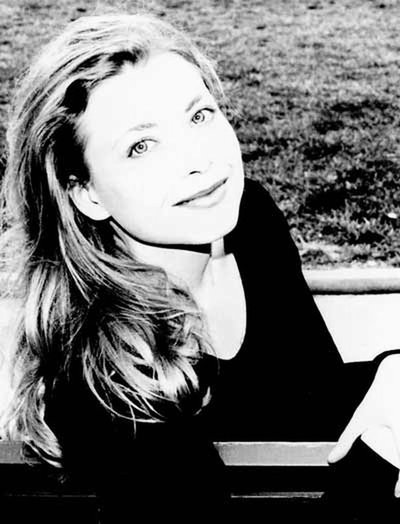November 1, 2001
UW violist to introduce previously unknown music by women composers
On Saturday, Nov. 3, UW violist Helen Callus will present a program of music close to her heart. The concert features works it took her four years of research to obtain, works that have in many cases never been performed or published. Titled “British Women Composers: Literature for Viola and Piano,” the concert will be at 8 p.m. in Brechemin Auditorium.
The story of this concert really begins in Callus’ student days, when one of the students in her studio brought to her Rebecca Clarke’s Sonata for Viola and Piano, saying, “I think you should play this piece; it would suit you very well.”
Callus had never heard of the piece or the composer, so she took it to her teacher, who recognized it and told her to go ahead and learn it. She loved the work, calling it her “signature piece. I’ve played it at a lot of interviews and competitions and it’s always done me well.”
Having discovered Clarke, Callus was convinced that the composer had written other music, and that there were other British women composers who had gone similarly unrecognized. So when she arrived at the UW, she began looking for their work – specifically, pieces for the viola from the first half of the 20th century.
She wanted music from that era, she explains, because “I wanted something that was sort of nationalistic, in the same idiom as the piece that I loved, which is very folky, very traditional, very lovely to listen to. It’s not at all difficult for the listener and doesn’t need explanation, as some later music does.”
Callus’ search began on the Internet and ended “in dusty attics all over England.” She first went to public resources such as the British Music Information Center, looking for music written for the viola by women. What followed was a search for copies of pieces mentioned, or lists of works by women mentioned – a process of querying publishers, educational institutions and individuals. One contact would lead to another and another, until finally in some cases the estate owner was found with a treasure trove tucked away in boxes.
“In one case there was an elderly man who had had a quadruple bypass operation,” Callus said. “He went up in the attic and found three pieces and told us he didn’t know if there was more or not. Well, how can you ask someone like that to go up in the attic again?”
Eventually Callus uncovered about 30 works by women in the category she had sought. She plans to record about 10 pieces by five composers, in hopes that the works will be published. Four composers, including Clarke (1886-1979), will be represented in the concert. The others are Freda Swain (1902-1985), Pamela Harrison (1915-1990) and Janetta Gould (1926-).
All the composers had formal musical training, Callus said, and some of them played professionally, yet their music was rarely played and the women themselves received little recognition. Rebecca Clarke, for example, actually abandoned music and became a nanny later in life.
“It’s a shame, really, because this is beautiful music and the viola repertoire is relatively small,” Callus said. “There are probably 1 million pieces available for the violin and only 25,000 for the viola.”
She’d like to contribute to remedying that situation by getting some of the music she’s discovered published and therefore easily available to violists. But publishers won’t act unless they believe there’s money to be made, so Callus is doing the recording in part to help create a market for the work. She’ll also be doing some promoting at the International Viola Congress, which she will be hosting in Seattle in June.
“I’m negotiating with the owner of Rebecca Clarke’s music,” she said. “He works in the music division at Oxford University Press, so I’ve invited him to come talk about Clarke’s work and suggested that he might publish her work and sell it at the congress.”
In the meantime, Callus set up the concert to introduce some of the music she’s found. Pianist for the program is Jeffrey Gilliam, who teaches at Western Washington University. Tickets are $10 general, $8 for students and seniors. They are available at the door.

